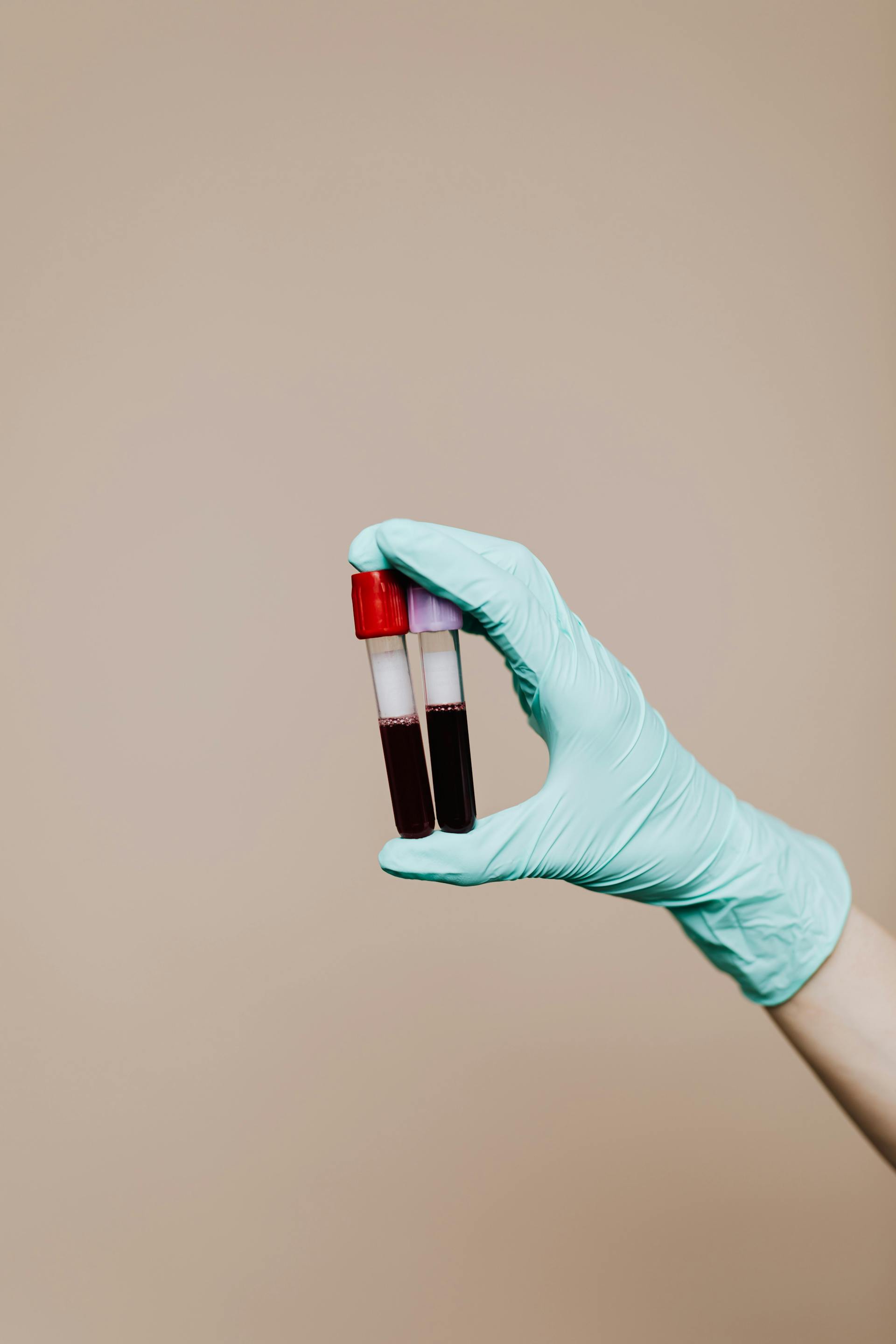Weight Loss Journey Test Panel – Baseline
This baseline weight loss test provides a full picture of key blood markers that healthcare providers may:
- Evaluate before recommending a weight loss program.
- Use as an ongoing tool in weight management.
The panel measures markers related to metabolism and hormone balance, including:
- Cholesterol & Lipid Panel
- Complete Blood Count (CBC)
- Comprehensive Metabolic Panel (CMP)
- Thyroid Stimulating Hormone (TSH) & Free T4
- Hemoglobin A1c (HbA1c)
Understanding these markers helps evaluate how efficiently your metabolism is working and whether weight may be affecting your overall health. If you are considering weight loss medications, including GLP-1s, this test provides essential health insights before starting treatment.
What’s Tested
Complete Blood Count (CBC)
Measures multiple components of your blood to help identify conditions such as anemia, infection, or abnormal cell levels. Evaluates:
- Red blood cells (RBC), hemoglobin, hematocrit, MCV, MCH, MCHC, RDW
- White blood cells (WBC), including neutrophils, lymphocytes, monocytes, eosinophils, basophils
- Platelet count and mean platelet volume (MPV)
Comprehensive Metabolic Panel (CMP)
Also called Chem 14, this panel measures 14 substances to evaluate:
- Blood sugar (glucose)
- Kidney and liver function
- Electrolyte balance
Often used to detect and monitor conditions such as diabetes, nutrient imbalances, and organ health.
Cholesterol and Lipid Panel
Evaluates fatty substances used for energy, including:
- Total cholesterol
- LDL (low-density lipoprotein)
- HDL (high-density lipoprotein)
- Triglycerides
Abnormal levels may increase the risk of heart disease or stroke.
Hemoglobin A1c (HbA1c)
Measures the percentage of sugar attached to hemoglobin in your blood. Helps screen for, diagnose, and manage prediabetes and diabetes.
Thyroid Stimulating Hormone (TSH) & Free T4
Measures thyroid hormone levels to evaluate thyroid function. Results may indicate:
- Hyperthyroidism (overactive thyroid) – low TSH
- Hypothyroidism (underactive thyroid) – high TSH
Thyroid hormones regulate critical functions, including:
- Energy use and metabolism
- Heart rate and breathing
- Body temperature and skin moisture
- Muscle contraction and brain development
- Cholesterol levels and menstruation
Undiagnosed thyroid disorders can increase the risk of heart disease, osteoporosis, infertility, and weight changes. Most conditions can be managed with medication.
Signs and Symptoms of Weight-Related Health Risks
Weight gain and retention can be influenced by diet, exercise, environment, and genetics. People with obesity are at higher risk for:
- Heart disease & stroke – linked to high blood pressure and cholesterol
- Type 2 diabetes – caused by insulin resistance
- Digestive issues – such as gallbladder disease and fatty liver
- Sleep apnea – disrupted breathing during sleep
- Osteoarthritis – joint stress and inflammation
- Fatty liver disease – excess fat buildup leading to possible cirrhosis
Preparing for Your Test
- Fasting: Do not eat or drink (other than water) for 8–12 hours before your test.
- Medications & supplements: Some may affect results. Consult your provider before testing to see if adjustments are needed.





